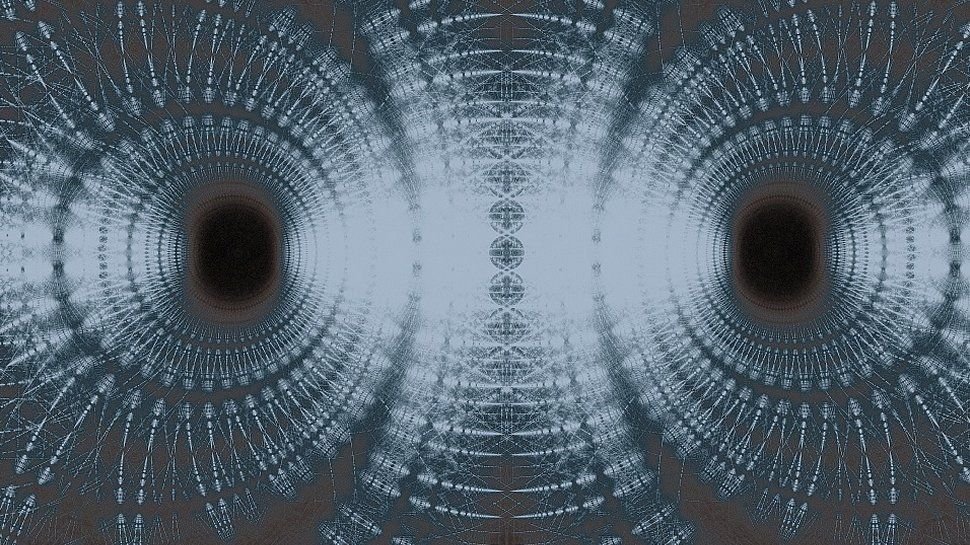

BT and Toshiba celebrate the UK's first industrial deployment of a secure quantum network in Bristol. The 6 km network uses standard Openreach fiber to connect sites belonging to the National Center for Composites (NCC) and the Center for Modeling and Simulation (CFMS) throughout the city. The project was chosen due to the sensitive nature of the data transmitted between the two organizations. Both have interests in the aerospace, energy, and automotive industries and felt that standard network and security technologies were not secure enough. Instead, the data was stored and transported via physical storage, a method far more inefficient, slow, and inherently insecure than the quantum network promises. Instead, the data was stored and transported via physical storage, a method far more inefficient, slow, and inherently insecure than the quantum network promises.
quantum network
While classical computer architectures store information in binary bits (1 or 0), quantum computing uses the ability of subatomic particles to exist in multiple states at the same time. This means that Quantum computers can store much more information and solve problems much faster.
Quantum computing has huge implications for the financial, military, and healthcare industries, among others, as it can speed up research projects. And while some fear that this increase in computing power will make most encryption measures obsolete, it also opens the door for even more powerful security measures thanks to quantum cryptography.
This Bristol network is protected by Quantum Key Distribution (QKD), a supposedly "non-hackable" technique for sharing encryption keys between locations using a single stream of photons. Multiplexing compatibility allows both data and keys to be transmitted over the same fiber, essentially doubling the capacity of the network and allowing the distribution of 1000 keys per second.
BT and Toshiba say the new network demonstrates a tangible benefit to the industry and the feasibility of QKD for transmitting sensitive data over fiber.
"This first industrial deployment of a quantum security network in the UK is an important step as we move towards a quantum-ready economy," said Professor Andrew Lord, director of optical technology at BT.
"The power of quantum computing offers an unprecedented opportunity for UK industry, but it is an essential first step to ensure that its power can be harnessed in the right way and without compromising security."
“Our solution can be deployed on a standard BT fiber infrastructure and is applicable to a wide range of different applications, allowing companies to ensure the long-term security of their data and protect it from even the most powerful computers. Added Dr. Andrew Shields, director of quantum technology at Toshiba Europe.
“With the UK government claiming earlier this month that it wants to be the 'world's first quantum economy', quantum safety nets are vital to achieving this ambition, and we are delighted to do so. cutting-edge to make it happen."
The UK government has expressed a desire to be at the forefront of the field, believing it can play a vital role in the connected economy and accelerate industrial Internet of Things (IIoT) deployments. A National Quantum Computing Center (NQCC) is expected to open in 2022 as part of the €1 billion national program for quantum technologies.

